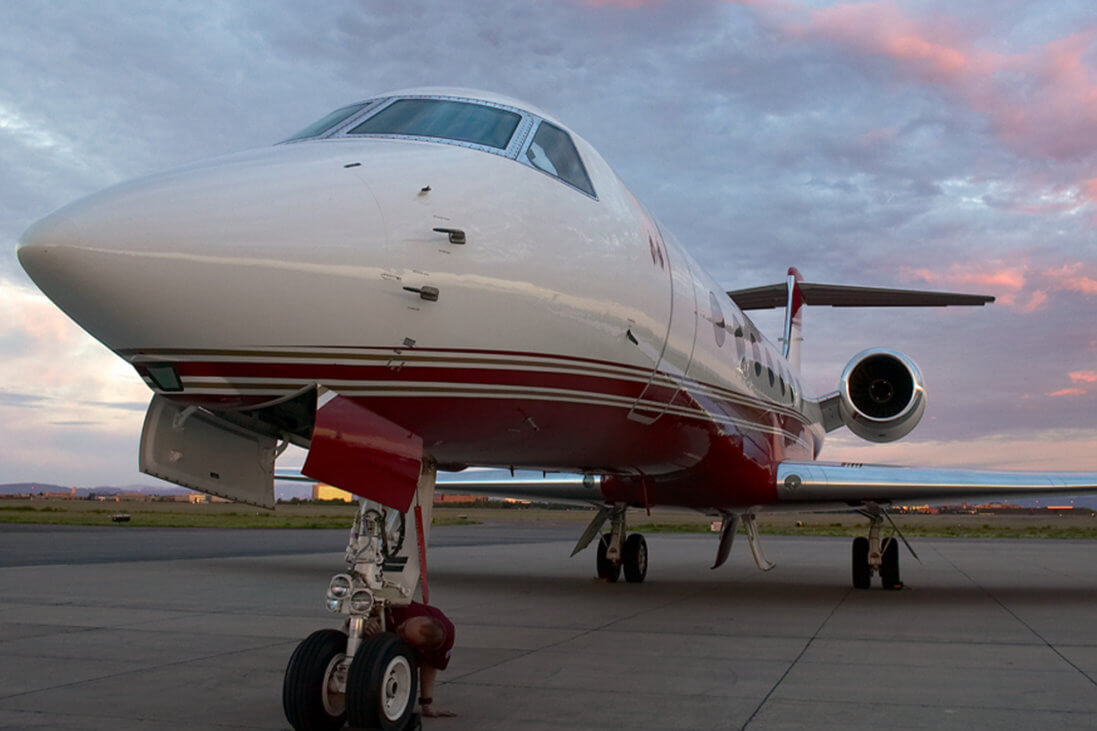
April 2, 2019
In recent meetings with the European Aviation Safety Agency (EASA), NBAA officials learned that authorities are beginning to test for alcohol consumption during ramp inspections at airports around the globe. Dutch, German and Japanese authorities have already begun testing, and Singaporean authorities started testing at two airports, Changi and Seletar, on March 31.
“While commercial operators have been subject to drug and alcohol testing for many years, application of these standards to non-commercial operators is new,” said Brian Koester, NBAA senior manager, flight operations and regulations. “We will work to determine pilots’ rights in these situations, continue communication with the regulating bodies to provide as much information as possible to our members and ensure authorities vigilantly adhere to the procedures put in place to protect the sensitive safety image of aviators and their employers.”
These new requirements are in response to a 2015 Germanwings accident and other incidents that cited drug, alcohol and mental health issues as contributing factors. Flight crews will be tested via breathalyzer, and a test result of 0.02g of alcohol per 210 liters of breath will be considered positive. The 0.02g threshold is to account for mouthwash, medication, system calibration error or other inaccuracies.
If the pilot’s initial test result is positive, the operator will immediately be removed from duty and subject to a second confirmatory test. If a pilot yields two positive results, the airline, and, in some cases, local law enforcement will be notified.
“NBAA is aware of the sensitive nature of these safety checks,” added Koester. “We have been assured that authorities will conduct these tests in a private area out of view of the public.”
EASA regulations will take effect in August 2020, requiring all 49 SAFA participating countries to begin drug and alcohol testing for both flight and cabin crews in conjunction with SAFA ramp inspections. Testing may be conducted by the national aviation authority or by local law enforcement. In some countries a zero tolerance local law may supersede the 0.02g threshold.
NBAA will continue to convey information to its membership as it becomes available.


 International Business Aviation Council Ltd.
International Business Aviation Council Ltd.